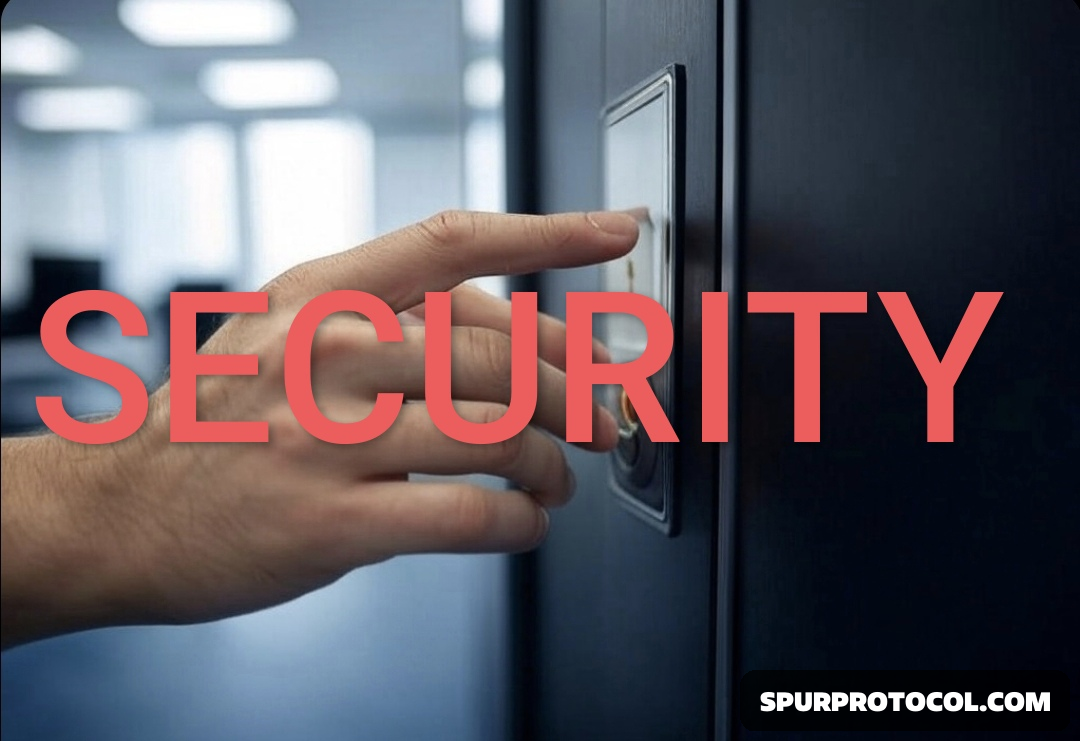How To Protect Your Crypto In 2025
You can significantly enhance the security of your cryptocurrency in 2025 by combining different security practices
Go Back

🕒 6:16 PM
📅 Jan 26, 2025
✍️ By seanney
Protecting your cryptocurrency in 2025 requires a combination of understanding current security practices and staying informed about new threats and solutions. Here’s a detailed guide based on contemporary insights:
1. Use Hardware Wallets
Cold Storage: Hardware wallets like the Ledger Nano X and Trezor Model T are recommended for long-term storage due to their offline nature, which significantly reduces the risk of online hacks. These devices store your private keys offline, making them immune to various cyber threats like malware and phishing.
2. Multi-Signature Wallets
For enhanced security, especially with significant assets, use multisignature (multisig) wallets. These require multiple private keys to authorize a transaction, reducing the risk if one key is compromised.
3. Two-Factor Authentication (2FA)
Enable 2FA on all crypto-related accounts, including exchange accounts and wallet software. This adds an extra layer of security beyond just passwords.
4. Secure Seed Phrases
Never store your seed phrase digitally. Instead, keep it in a physical form, ideally in a secure location like a safe or using specialized products like Cryptosteel for durability. Never share your seed phrase with anyone.
5. Avoid Phishing and Scams
Be vigilant against phishing attempts. Always double-check URLs, especially for exchanges and wallet services. Use bookmarks for frequently visited sites to avoid mistyping into fake domains. Posts on X also highlight the importance of not clicking on random links or sharing wallet information publicly.
6. Software Wallets Security
If using software or hot wallets (like MetaMask or Trust Wallet), ensure your devices are secure with up-to-date antivirus software, strong passwords, and secure internet connections. Never connect to public Wi-Fi for crypto transactions.
7. Regular Updates
Keep all software related to your crypto activities updated to protect against known vulnerabilities. This includes wallet applications, antivirus programs, and even your operating system.
8. Privacy and Anonymity
Protect your privacy by not sharing your crypto activities publicly. Avoid boasting about your holdings online, as suggested by security guidelines from Coinbase.
9. Diversification and Risk Management
Don't keep all your crypto in one place or on an exchange. Diversify your storage across different types of wallets and, if possible, across different cryptocurrencies to spread risk.
10. Stay Informed on Regulatory Changes
As regulations evolve, understanding how they affect your crypto holdings can be crucial. For instance, the regulatory landscape in 2025 might introduce new compliance requirements or affect how certain cryptocurrencies can be traded or held.
11. Physical Security
If you're using hardware wallets, treat them like physical cash. Keep them in a safe place, and consider having a secure backup of your seed phrase in case of physical loss or damage.
12. Education and Community
Engage with crypto communities for ongoing education. Platforms like X or Reddit can offer real-time advice, warnings about new scams, and insights into best practices.

